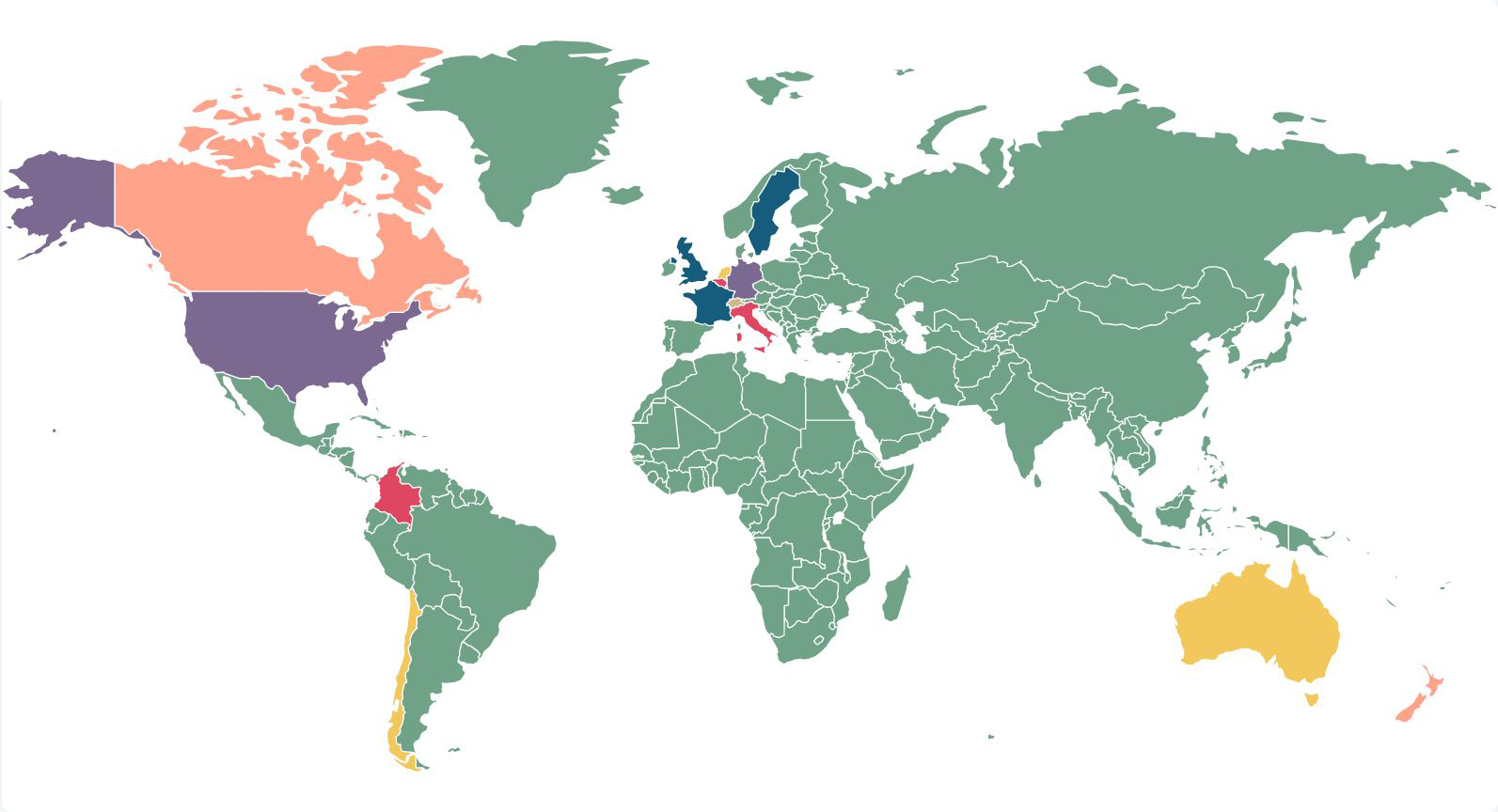UK VTOLS are go!
The UK's regulatory framework for VTOLs (vertical take-off and landing aircraft) is promisingly taking shape. In September 2024, the Civil Aviation Authority (CAA) announced the establishment of two key working groups and it is now focused on introducing regulations that are in step with other regulators (principally the US and EU) but appropriate for the UK environment. In January 2024, the CAA consulted on (i) the handling rules for VTOL aircraft using battery power for propulsion and (ii) design proposals for vertiports at existing aerodromes. All this bodes well for the UK's ambitions to lead the way in this important sector of the aviation industry, while maintaining its usual high regulatory standards. As outlined in the UK's Future of Flight action plan (a Government-Industry Statement of Intent, published in March 2024), piloted eVTOL flights in the UK are identified as a key aim in 2026 "as a first step to scaled operations and a sustainable industry". The plan envisages a partnership between government, the CAA and industry to forge operational capabilities, physical infrastructure and the nurturing of associated manufacturing and technological development. As we look to the next 12 months, the UK's position of prominence in the VTOL space looks assured.
Towards a sustainable use of (outer) space
The Zero Debris Charter will set bold standards in the management of space debris and the support of long-term space sustainability. Six decades of space exploration has given rise to an "exponential growth" of debris population that, according to the European Space Agency (ESA), "will pose an ever-increasing hazard to satellites and astronauts and could render some orbits entirely unusable". The Charter is a global initiative, facilitated by ESA, to drive forward ground-breaking technologies for satellite end-of-life disposal, in-orbit servicing, and active debris removal. While it is not legally binding, those signing up to the Charter agree to adhere to its guiding principles towards space safety and sustainability, with the Charter setting out jointly defined targets for 2030. On 22 May 2024, 12 nations (including the UK and 11 European states) pledged, together with ESA, to adhere to the Charter. More than 40 key space industry players have also signed up. A further 100 organisations have advised of their intention to sign.
Old tech is still good tech
From 1 January 2025, it will be mandatory in the UK for a functioning carbon monoxide (CO) detector capable of alerting via aural and/or visual warnings to be fitted in certain piston-engine aircraft when operating with passengers. The aim is to restore "an acceptable level of safety". CO poisoning has been cited as a factor in multiple general aviation accidents globally. Under CAA Safety Directive SD-2024/001 (V2), which comes into effect from 1 January 2025, the Civil Aviation Authority (CAA) will recognise both aviation-standard and commercial, off-the-shelf CO detectors. As to the latter, there is a wide range of competitively priced, commercially available units intended for use in domestic environments. Although not specifically approved for aviation use, findings from the CAA’s 12-month study suggest that these devices can function reasonably at typical recreational GA altitudes.
Regulating amateur ballooning
UK amateur ballooning looks set for regulatory oversight in 2025. Currently, the UK's Civil Aviation Authority (CAA) neither regulates nor publishes guidance for competition balloon flying in the UK. While guidance is published by the British Balloon and Airship Club (BBAC), the BBAC is a sporting body and not a regulator. A fatal balloon accident in June 2023 is seen as the catalyst for change. The UK's Air Accident Investigation Branch reporting in May 2024 made two safety recommendations to the CAA as regards the need for published safety guidance. On 9 August 2024, the Coroner published a Prevention of Future Deaths Report directed to the CAA and advocating for a review of the regulation of balloon flying in the UK, considering in particular whether there should be regulation of the design, construction, inspection and testing of amateur or home-built balloons, and of competition balloon flying.
Calling time on grandfather rights?
Reform of UK slot regulations at Level 3 co-ordinated airports is on the cards for 2025. Proposed changes may call time on grandfather rights to slot allocations (take-off and landing rights) that are perceived to give an unfair advantage to incumbent slot holders and present challenges both to established carriers seeking to expand existing services and to new entrants. The UK's Department for Transport (DfT) seeks to make the UK's slot system "more efficient, dynamic and transparent". In August 2024, the Competition and Markets Authority, the UK's competition watchdog, endorsed the DfT's proposed changes. These include (i) a revision of the 'use it or lose it' rule, (ii) redefining the new entrant rule, and (iii) establishing a clear legislative framework for secondary trading of slots.
Airlines flying high from '24 to '25
The International Air Transport Association (IATA) predicts 10% growth in passenger numbers in 2024 – back to pre-COVID levels - but with changes in the connectivity provided by airlines globally. 2024 is predicted to be the first year to exceed unique city pair numbers seen in 2019 – rising to more than 22,000 - and with a mirrored increase in the overall value of trade carried. We predict increased connectivity in 2025, particularly for Asia-Pacific markets and Europe-APAC connectivity which has to date been hampered by the war in Ukraine. We also see continued improvements in the global safety profile of the industry. The International Civil Aviation Organisation (ICAO) 2024 Safety Report highlights the preceding year as the safest in the past five years in respect of global accident rate, number of fatal accidents, total fatalities and fatality rate. We anticipate continuing progress, notwithstanding the increase in flight and passenger traffic.




